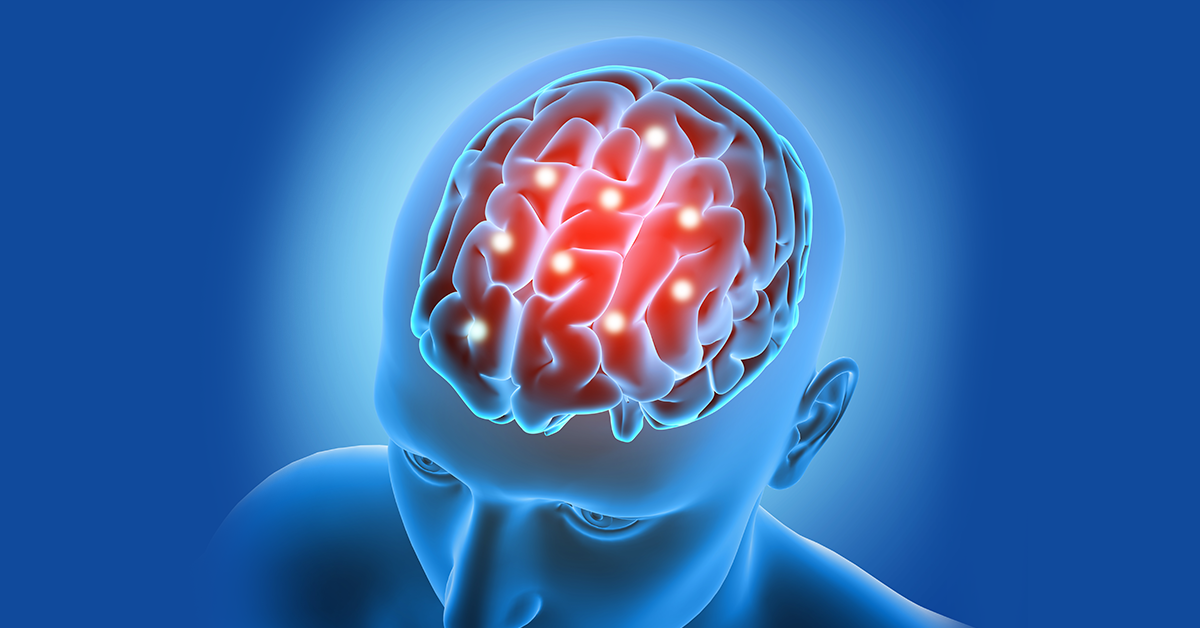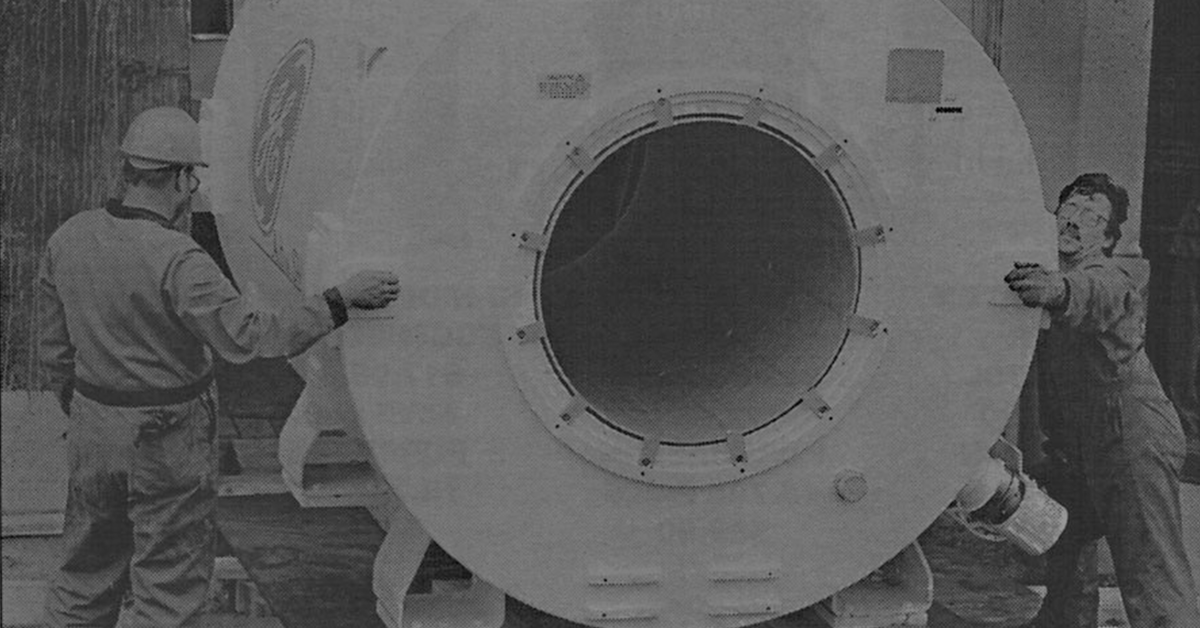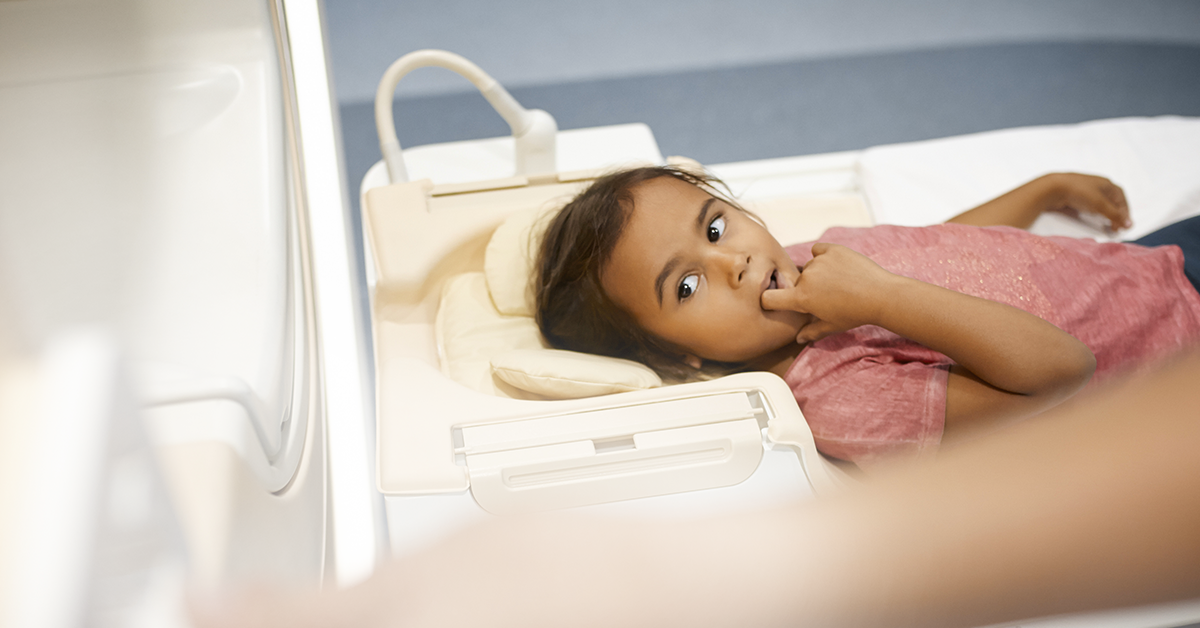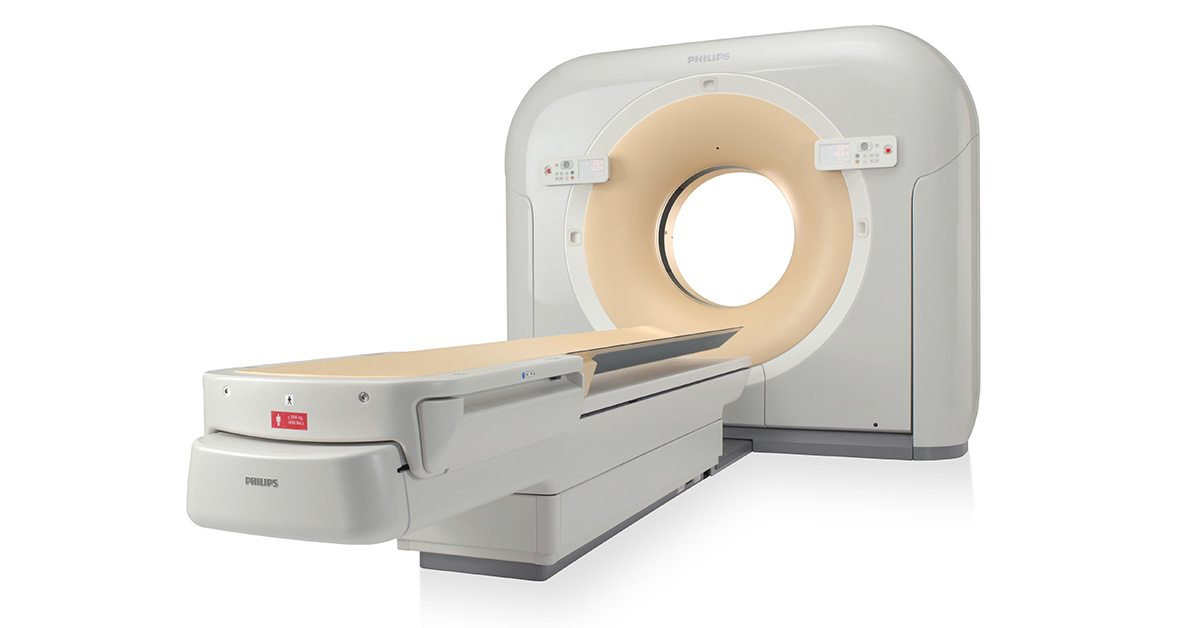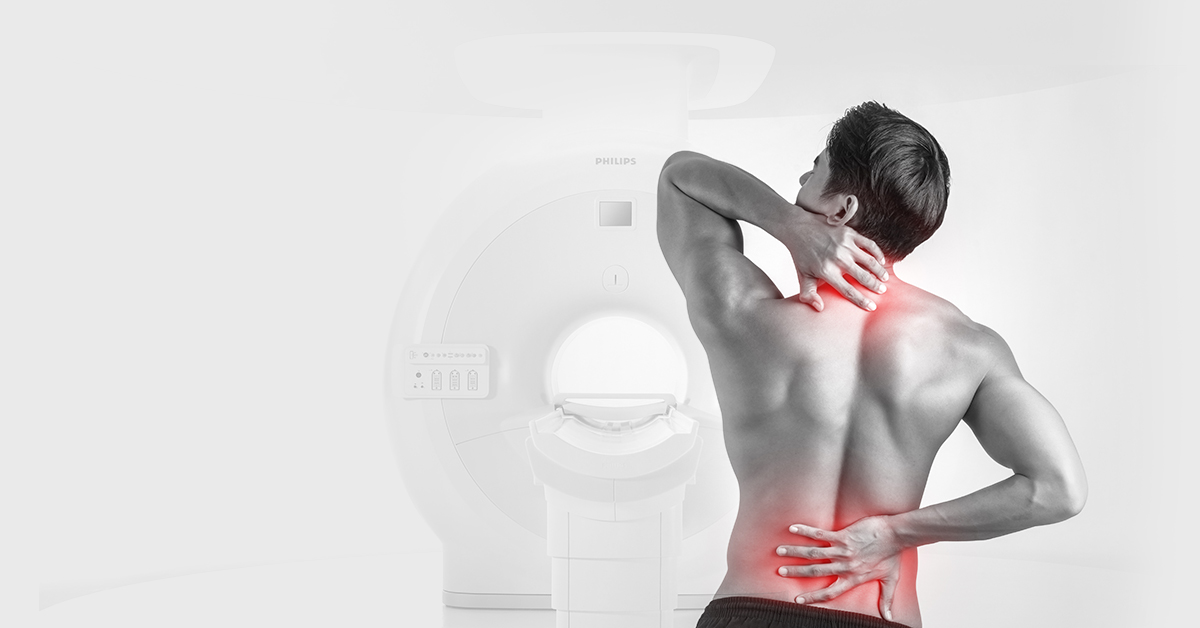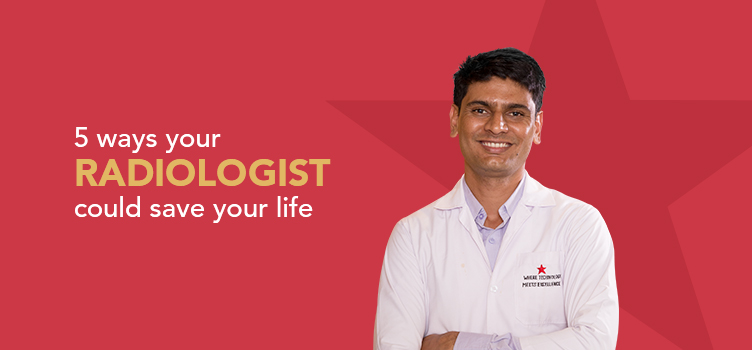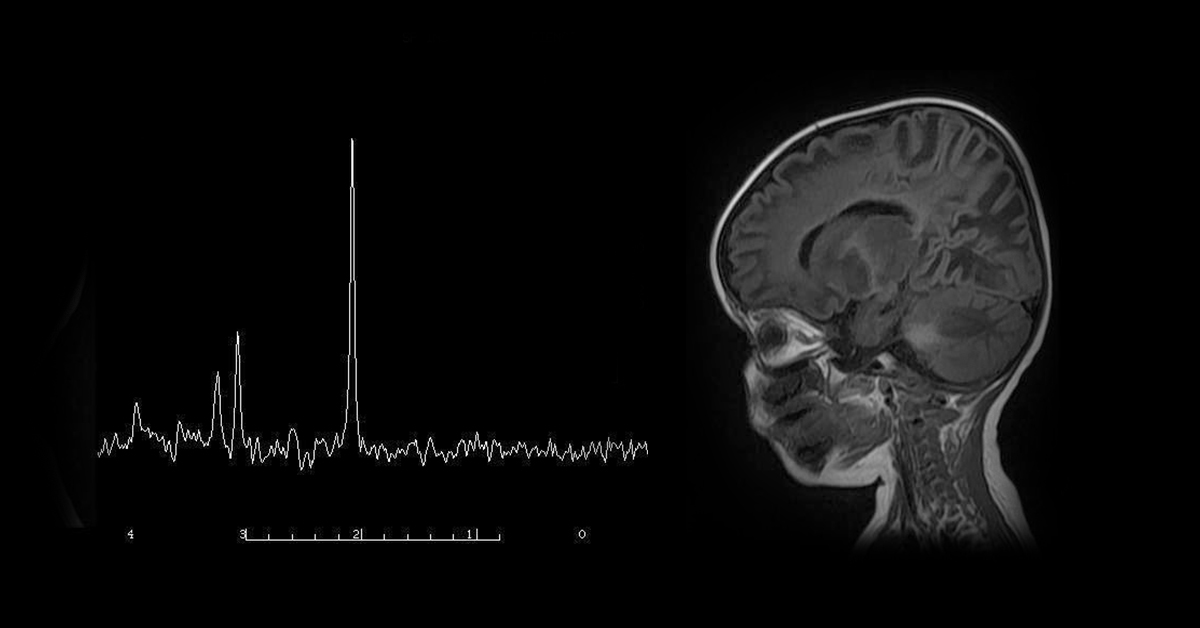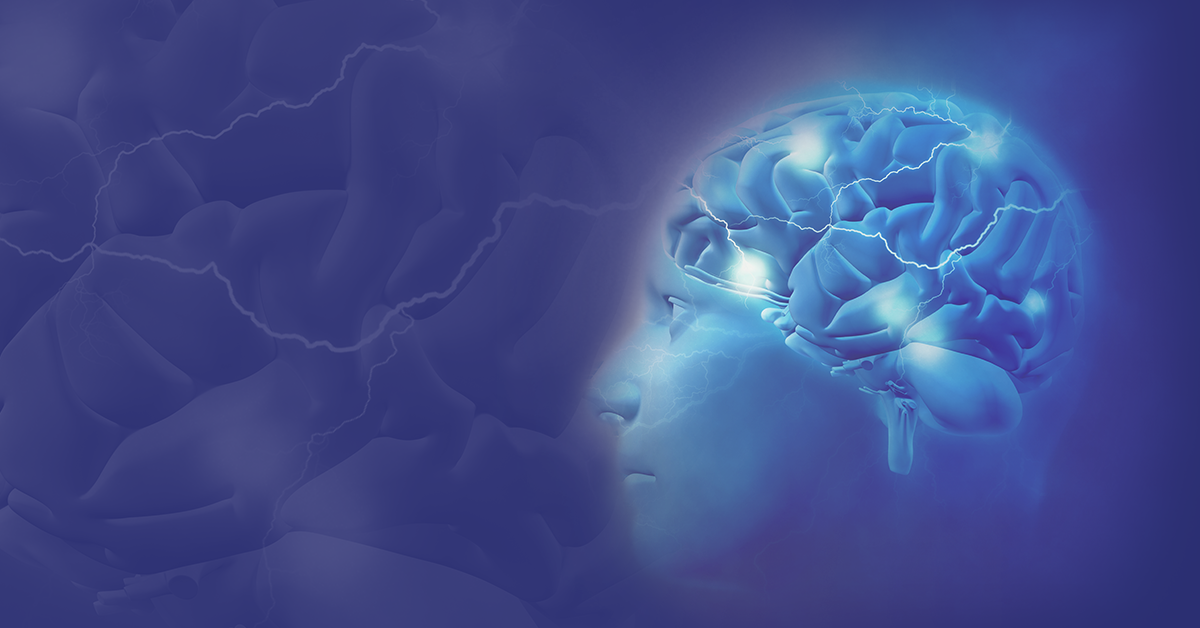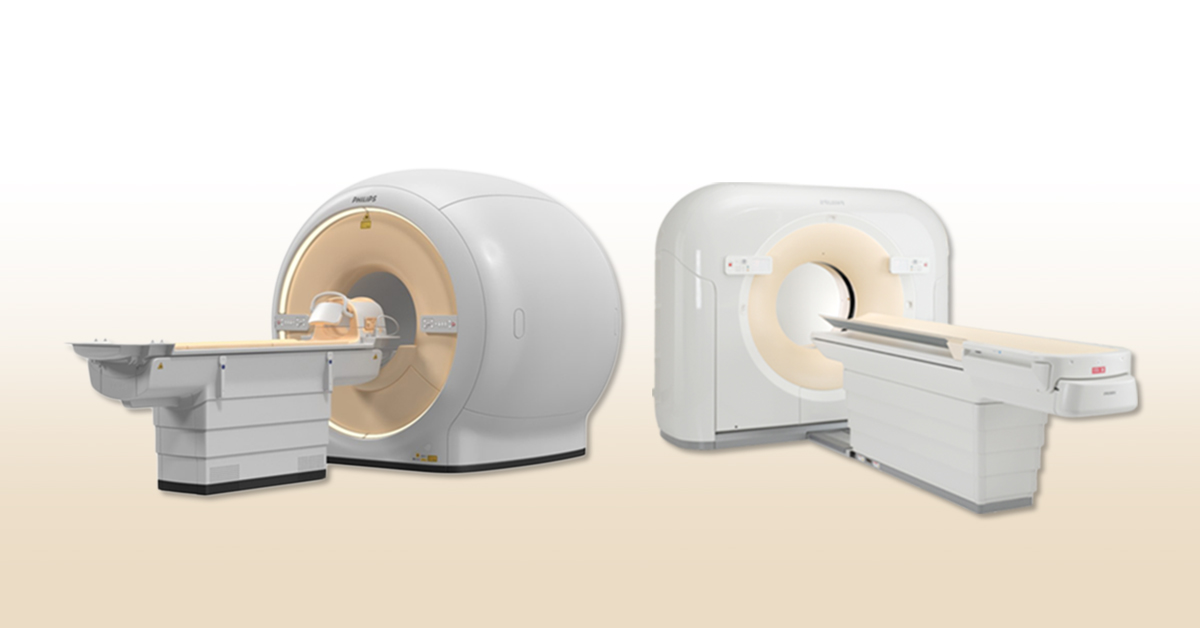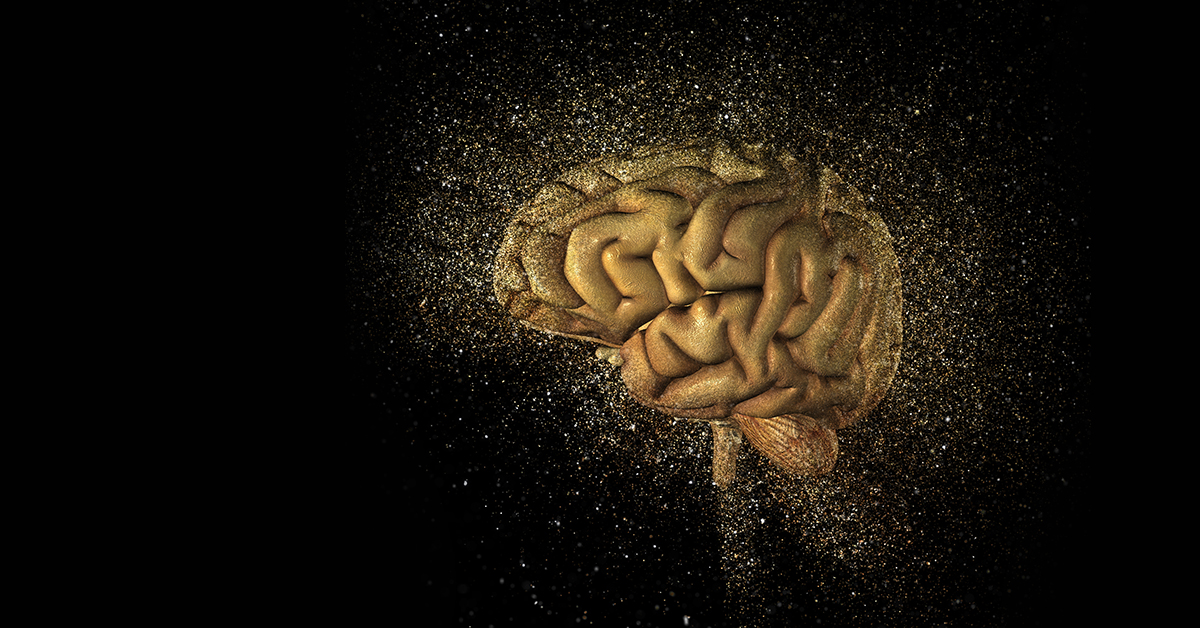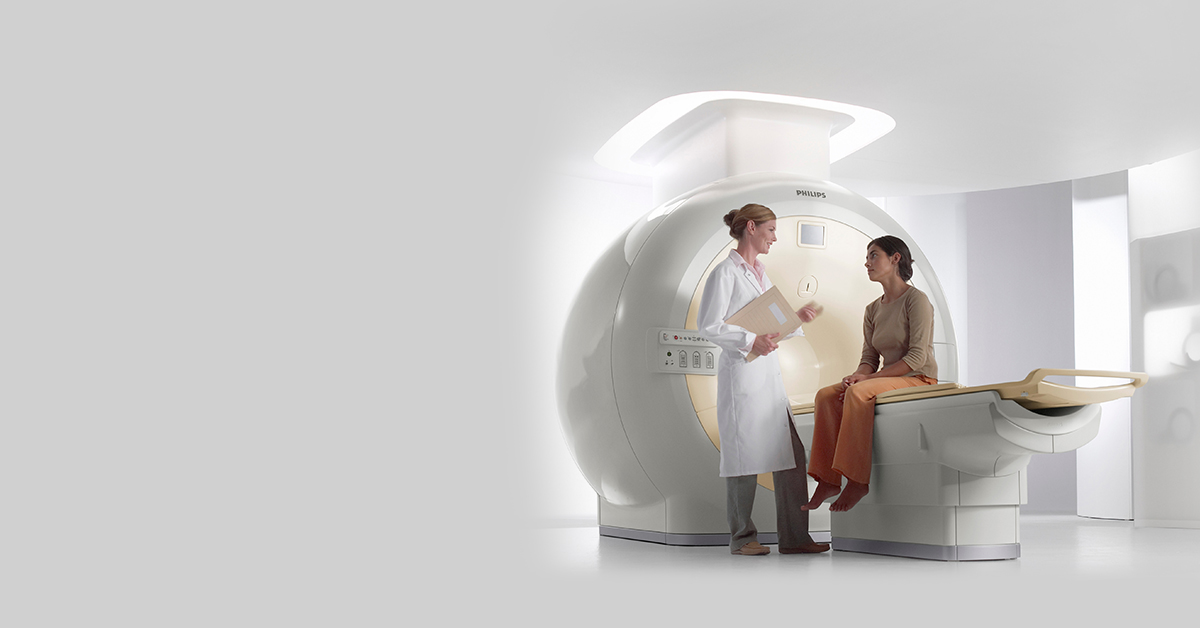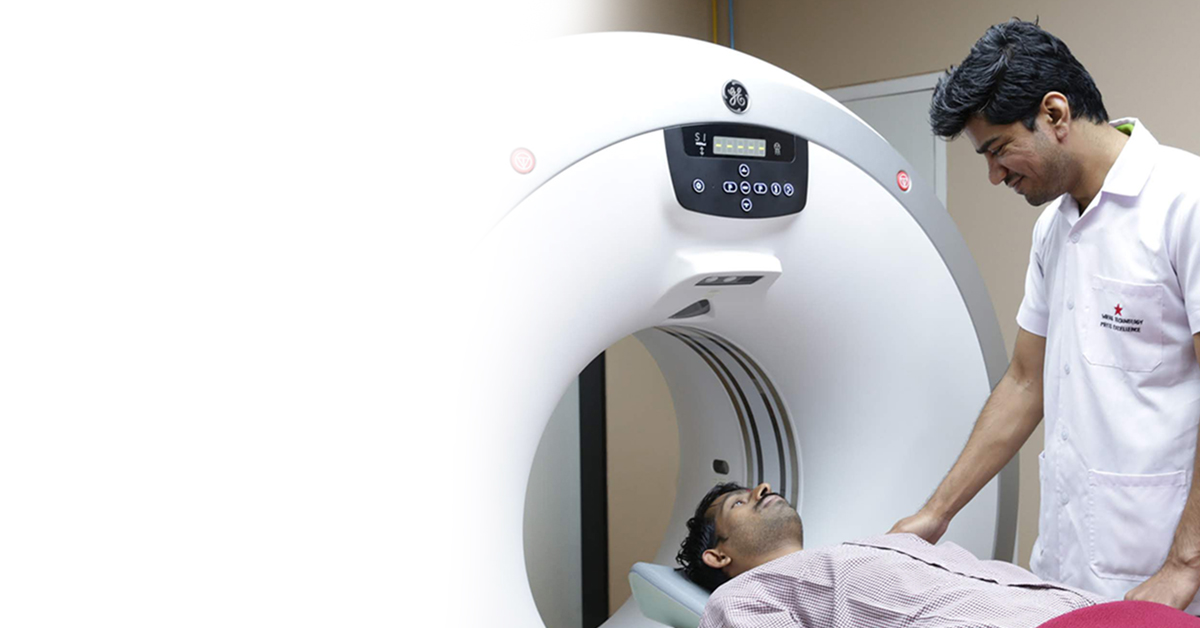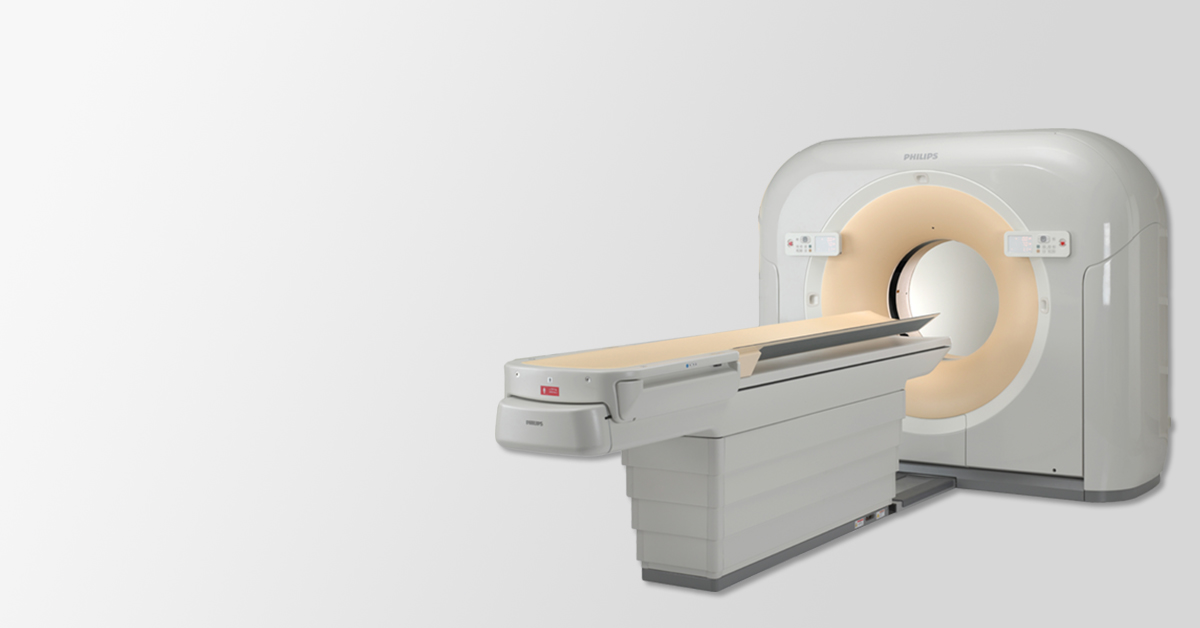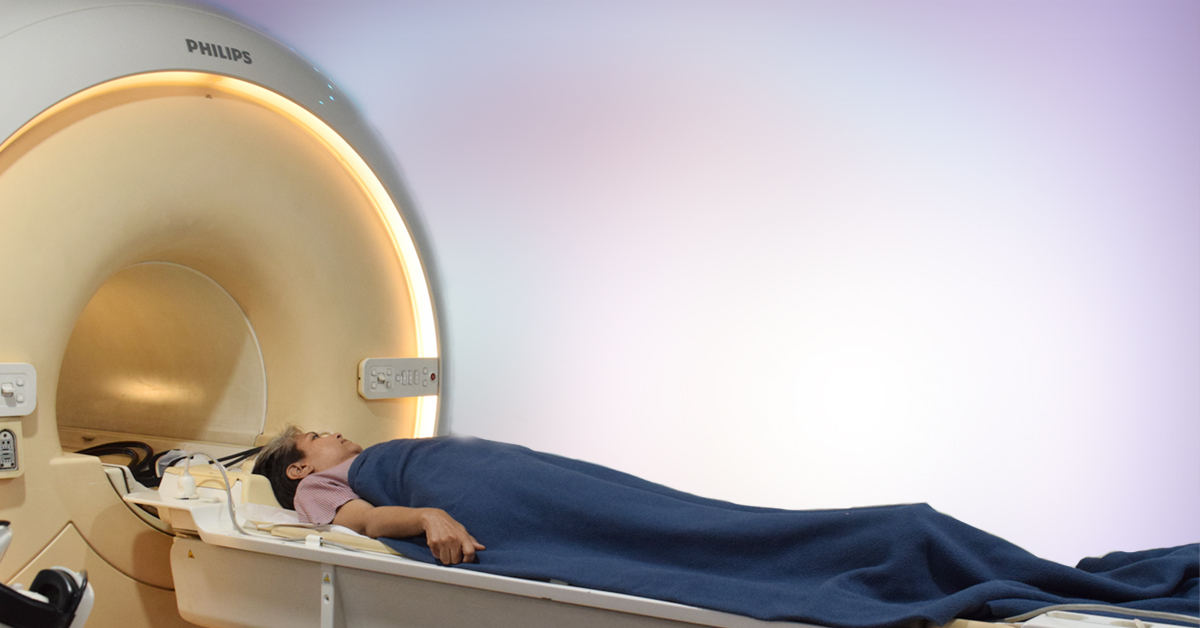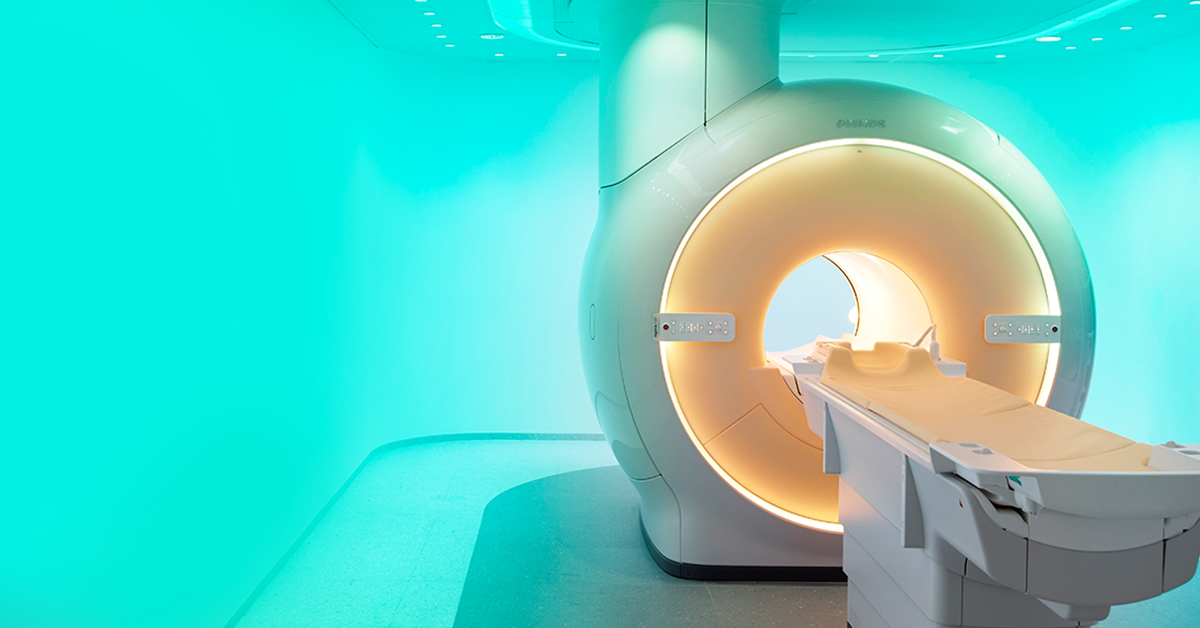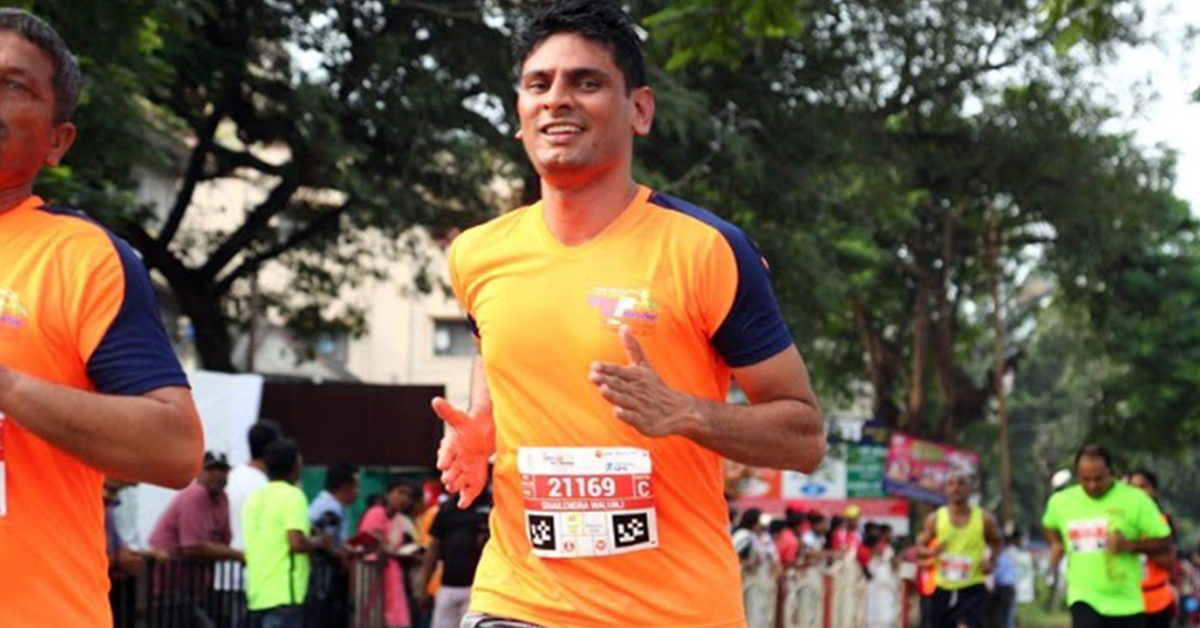
7 Important questions to ask when choosing a scan centre
Going for a scan can be an overwhelming experience, especially if you have never had one and don’t know what to expect. To help you out, we've put together 7 questions that you need to ask before setting up an appointment.
1) What kind of scanning technology do you have – is it the latest?
This is an important question to answer while choosing your centre. With regard to the MRI machine, make sure it is a 3 Tesla (3T) machine. When it comes to CT scans, check the number of slices of the machine – a slice is a cross-sectional image of your body. The more the slices, the better the image quality, making it easier for the doctor to provide a more accurate diagnosis. Scheduling your annual mammography checkup? Insist on the latest 3D digital scanners (with tomosynthesis, to be specific) – they can detect even small cancers which ordinarily may be missed out. Similarly, when getting x-rays make sure you get digital x-rays which offer better clarity and minimize radiation exposure. And if you need an ultrasound/sonography, it’s always a good idea to prefer a 3D scanner over a 2D one, since the images will be clearer.
2) What do you do for claustrophobia, especially in the case of MRI scans?
Claustrophobia is a major challenge for many MRI patients. At Star Imaging, we’ve invested in a 3T MRI scanner with ambient experience, which allows patients to watch movies, while creating an illusion of more space and light. This is extremely effective in reducing claustrophobia. If you’re claustrophobic, make sure the diagnostic centre you choose is aware of your issues with confined spaces and equipped to make arrangements to ensure you have a smooth and comfortable experience
3) Will there be an anaesthetist present if I/my child needs sedation?
In some cases, especially when the MRI patient is a child, sedation may be necessary to help the patient lie still without moving to ensure a good quality scan. Also, if your claustrophobia is so severe that it prevents you from getting a scan, you may need to get sedated. In such cases, ask your centre if they have a full-time anaesthetist present, who can ensure your safety and comfort.
4) Do you have specialized radiologists?
As important as the scanning technology are radiologists who can interpret the scan correctly. Your diagnosis and eventual treatment depends on how accurately the radiologists are able to read the scans – and this is why it’s always advisable to rely on organ-specific, super-specialized radiologists who have deep expertise in specific sub-specialities; and can thus offer a more accurate diagnosis.
5) When can I expect the scan report?
Every scan report takes a definite amount of time, depending on the kind of scan performed. However, the CD of the scan, especially in the case of an MRI or CT, is generally available 20 minutes post the procedure. A hard copy of the report may take some more time. At Star Imaging, we send you an SMS and email alert when your report is ready – we also email the report to your doctor to ensure a speedy diagnosis.
6) Is this centre trusted/frequented by other doctors?
While this information may be hard to come by, it’s a great indicator of the diagnostic centre’s quality. If other doctors recommend, or better still, are patients of the centre in question, then chances are you’re making a good choice. Look for reviews of the centre online; and ask your friends, family and the doctors you know for recommendations, before making a decision.
7) How do your rates compare with other centres?
Sometimes the rates of the similar scans may differ from one centre to the next. While there is nothing like an ‘MRP’ for a particular kind of scan, it is important to find out why there is a difference. Most often, prices vary according to the technology and machines used. So make sure you do your research and choose a centre with top-of-the-line technology, in order to ensure a better diagnosis.
By keeping these questions in mind and doing your research diligently, you can make sure that you’re picking the best centre for the best diagnosis. Remember, nothing ventured, nothing gained!
Other Posts

